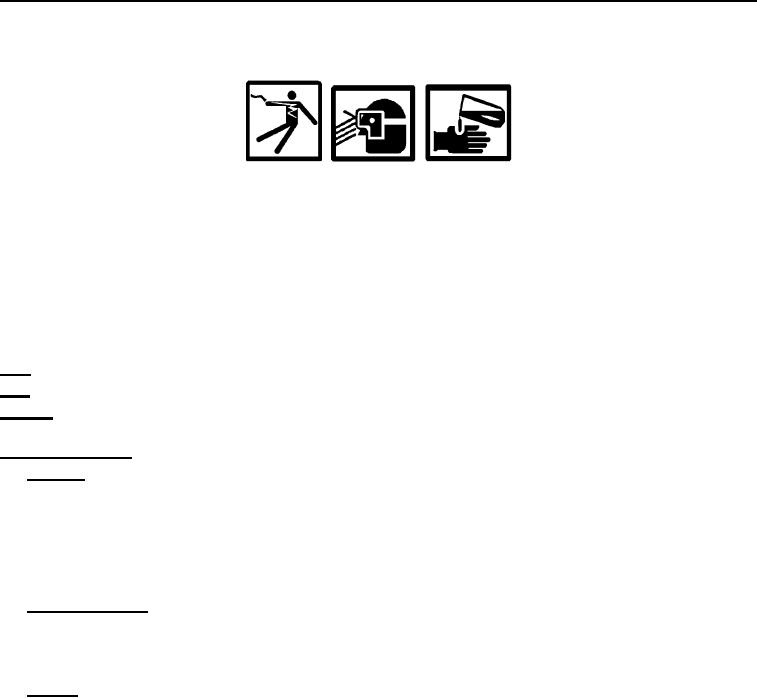
TM 5-2420-232-10
0006
EXTREME HOT WEATHER OPERATION CONTINUED
Maintenance
0006
WARNING
To avoid injury, eye protection and acid-resistant gloves must be worn when working around
batteries. Do not smoke, use open flame, make sparks, or create other ignition sources around
batteries. If a battery is giving off gases, it can explode and cause injury to personnel. Remove all
jewelry such as rings, ID tags, watches, and bracelets. If jewelry or a tool contacts a battery
terminal, a direct short will result in instant heating or electrical shock, damage to equipment, and
injury to personnel.
Sulfuric acid contained in batteries can cause serious burns. If battery corrosion or electrolyte
makes contact with skin, eyes, or clothing, take immediate action to stop the corrosive burning
effects. Failure to follow these warnings may result in injury or death to personnel.
Eyes. Flush with cold water for no less than 15 minutes and seek medical attention immediately.
Skin. Flush with cold water for no less than 15 minutes and seek medical attention immediately.
Internal. If corrosion or electrolyte is ingested, drink large amounts of water or milk. Follow with milk of magnesia, beaten
egg, or vegetable oil. Seek medical attention immediately.
Clothing/Equipment. Wash area with large amounts of cold water. Neutralize acid with baking soda or household ammonia.
1. Batteries.
Electrolyte level - in hot climates, check electrolyte level daily.
Specific gravity - Batteries should have a weaker electrolyte in hot areas (1.200 to 1.225 at full charge); have the specific
gravity checked by Field Maintenance.
Self-discharge - A battery will self-discharge faster if left standing for long periods in high temperatures. If the machine is
parked for several days, have Field Maintenance remove the batteries and store them in a cool place.
2.
Machine Structure. In hot, damp areas, corrosion will occur on all parts of the machine. It will appear as rust and paint
blisters on metal surfaces and mildew; mold or fungus on fabrics or glass. Protect all unfinished, exposed metal surfaces
with a film of lubricating oil.
Frequently inspect inactive machines. Remove corrosion from exterior and apply a protective coat of oil.
3.
Glazing. Inspect parts for moisture, corrosion, or fungus growth. In dry, dusty, or sandy areas, keep exposed glass sur-
faces protected from blowing sand and dirt.
END OF TASK
0006-13
Change 1

